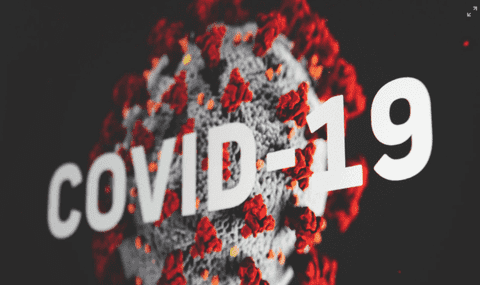How officials manipulated COVID data to exaggerate crisis – expert

A professor of risk information management at Queen Mary University of London, Norman Fenton, has revealed how government health officials manipulated COVID data to exaggerate the crisis, misleading the public.
Fenton, a mathematician who focuses on critical decision-making and quantifying uncertainty, revealed this in a The Defender Podcast with Robert F. Kennedy, Jr. on “RFK Jr.
Throughout the pandemic, he closely examined and criticized how officials used data to make decisions about lockdowns, testing and vaccines.
“When the COVID pandemic emerged, what kind of challenges did you specifically see?” Kennedy asked Fenton.
Fenton replied: “It was clear I think from the start that most of the data that governments put out — not just the UK government, but most governments around the world … were kind of misleading because it was based on very easily manipulated statistics.”
This was true of both the nature of COVID itself and the vaccines, Fenton said.
“There was an immediate rush to draw conclusions, which were sort of based on over-simplistic data on case numbers and deaths,” he said. “… The problem was that that data was very easily used by influencers and decision-makers to fit particular narratives that exaggerated the scale of the crisis.”
Fenton’s team published some of the first research providing more accurate estimates about the infection rate versus the fatality rate compared with official estimates he said were based on faulty data.
The research showed the virus was more widespread than people assumed, but nowhere near as dangerous as was being claimed.
Although it was clear early on that a proper understanding of the virus depended on accurate diagnostic tests, he said, “we were initially led to believe that the PCR test was an accurate diagnostic test.”
“But later, of course, we discovered that wasn’t true. And the impact of that has been catastrophic,” he said.
Kennedy agreed. “The magnitude of [the epidemic] was enormously and deceptively amplified by the misuse of the PCR test,” he said.
Fenton first came under attack in the summer and early fall of 2020, when he challenged how COVID deaths were classified, he said, and questioned the widespread testing of asymptomatic people.
“That was when we were finding the real problems about the false positives and the scale of the false positives,” Fenton said.
Excessive testing led to “absolutely ridiculous decisions,” he said, including new lockdowns.
Information concerning deaths following COVID vaccination also was manipulated, Fenton said, as part of the official claim that the vaccine was the only way to keep people from becoming seriously ill and dying.
Data adjusted to take into account misclassification show a peak in mortality shortly after vaccination, he said, cautioning:
“Now, of course, it could well be that these are people who are indeed seriously immunosuppressed. Also … the vaccination might just be bringing forward the death, which would’ve occurred shortly afterward anyway.